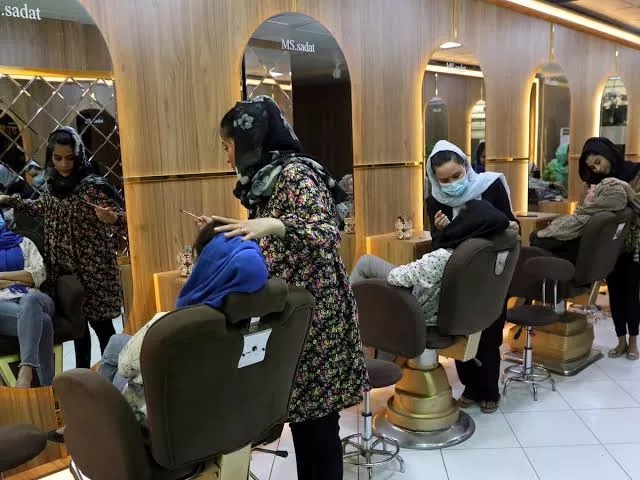
In late June the Ministry for the Promotion of Virtue and Prevention of Vice gave salons a month to close down, saying the grace period would allow them to use up stock.
It said it made the order because extravagant sums spent on makeovers caused hardship for poor families, and that some treatments at the salons were un-Islamic.
Too much make-up prevented women from proper ablutions for prayer, the ministry said, while eyelash extensions and hair weaving were also forbidden.
A copy of the order seen by AFP said it was "based on verbal instruction from the supreme leader" Hibatullah Akhundzada.
Beauty parlours mushroomed across Kabul and other Afghan cities in the 20 years that United States-led forces occupied the country.
They were seen as a safe place to gather and socialise away from men and provided vital business opportunities for women.
A report to the UN's Human Rights Council last month by Richard Bennett, the special rapporteur for Afghanistan, said the plight of women and girls in the country "was among the worst in the world".
"Grave, systematic and institutionalized discrimination against women and girls is at the heart of Taliban ideology and rule, which also gives rise to concerns that they may be responsible for gender apartheid," Bennett said.
Akhundzada, who rarely appears in public and rules by decree from the Taliban's birthplace in Kandahar, said last month Afghan women were being saved from "traditional oppressions" by the adoption of Islamic governance and their status as "free and dignified human beings" restored.
He said in a statement marking the Eid al-Adha holiday that steps had been taken to provide women with a "comfortable and prosperous life according to Islamic Sharia".

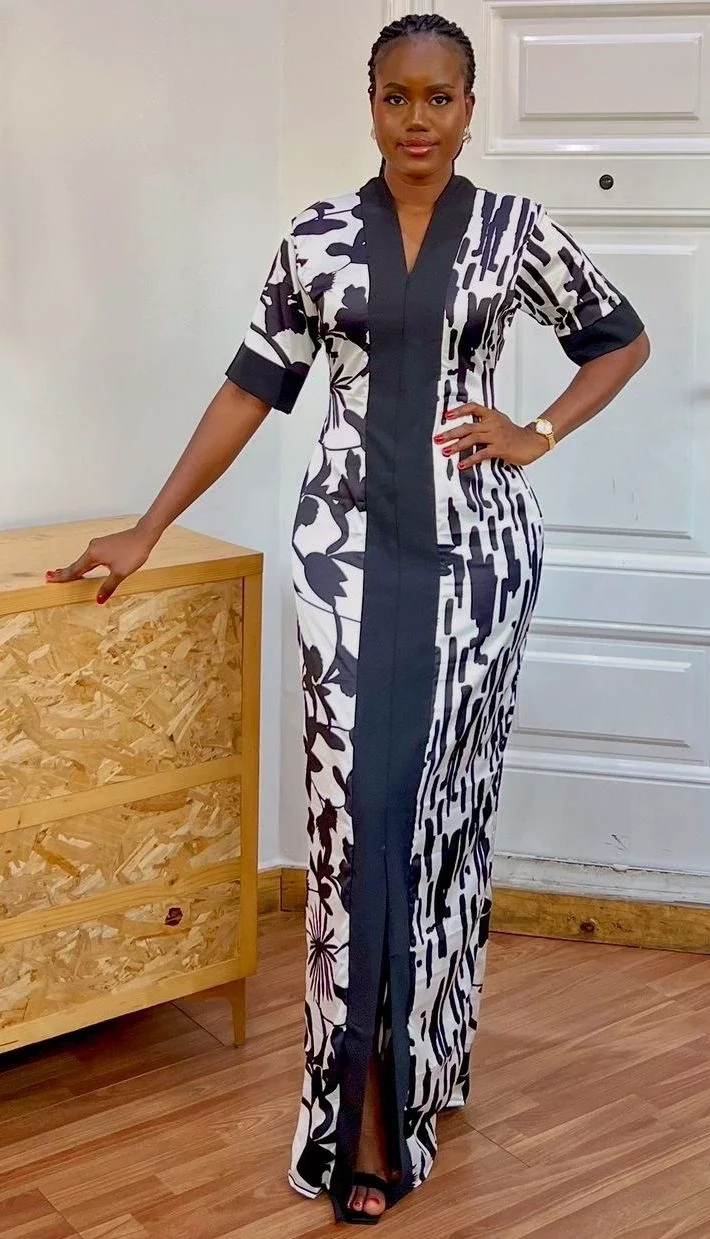


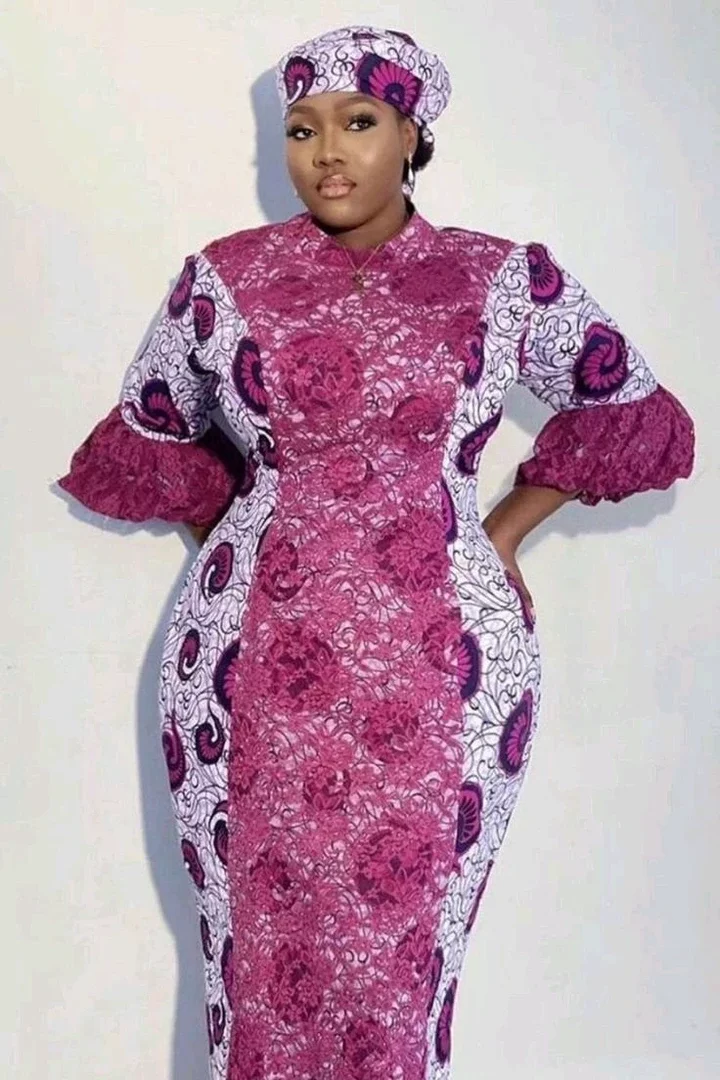


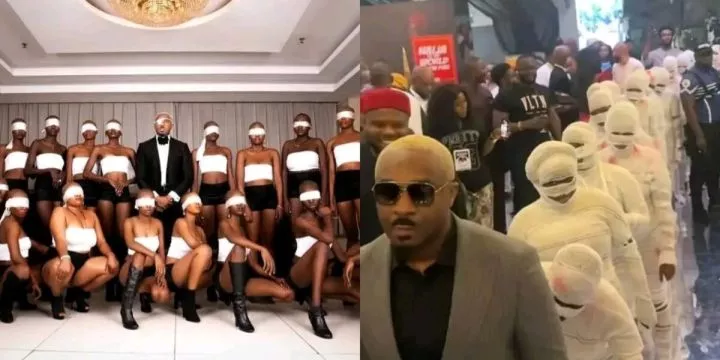





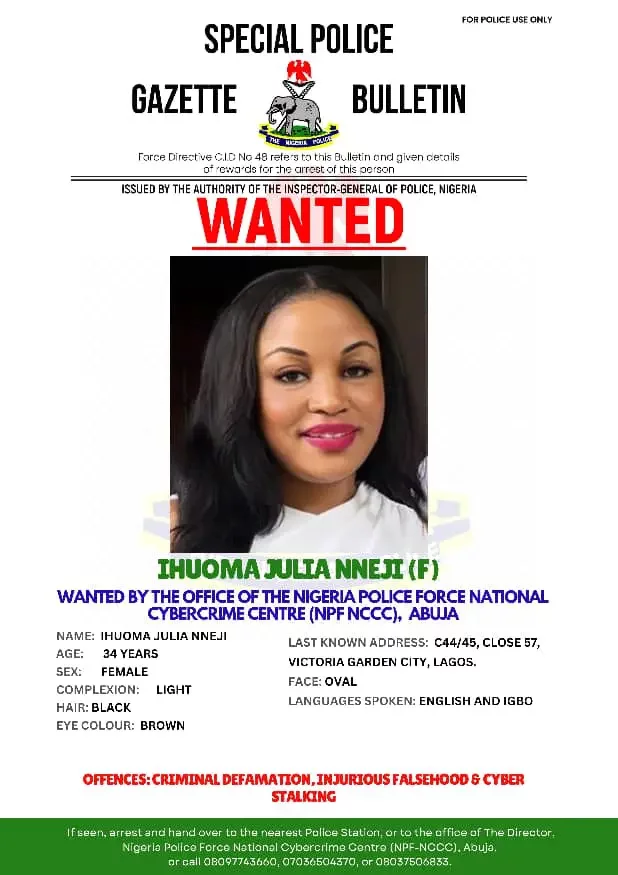


Comments